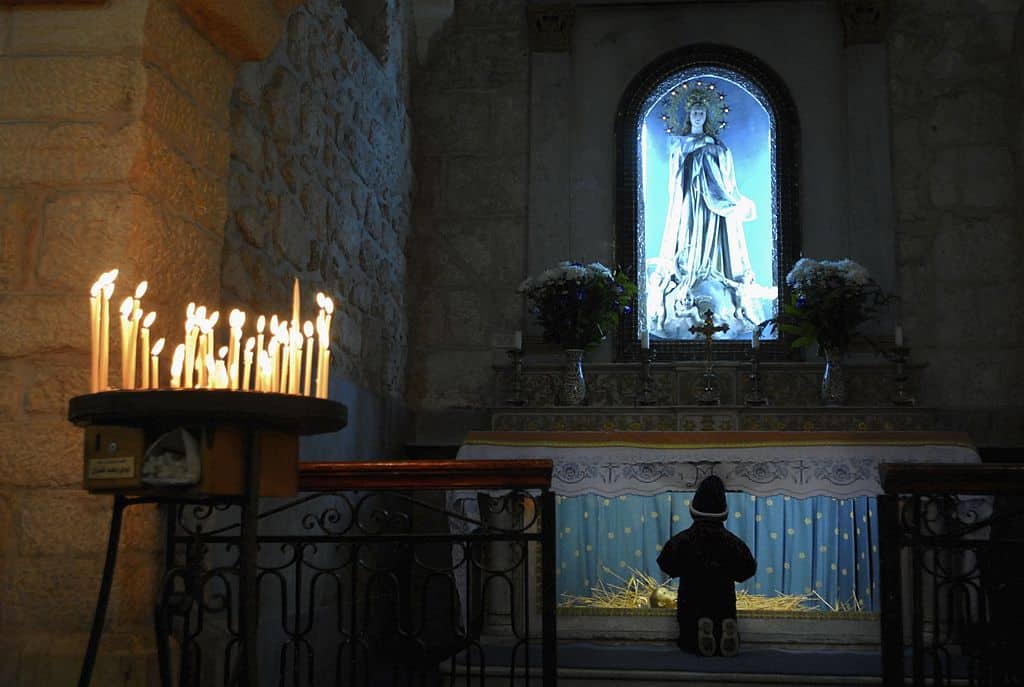Piers Paul Read points out in a characteristically perceptive piece in this issue that the Christmas season, which we rightly celebrate as a joyful affair, is in fact made up of darkness and light. The birth of the holy child at Bethlehem was in response to the decree of Augustus for a great census, and at Bethlehem there was nowhere for his family to stay. The birth was followed by the arrival of the Three Kings to pay homage to him. But their inquiry to Herod about where the King of the Jews was to be found made that febrile man paranoid; in response, he ordered the massacre of boy babies in the area around Bethlehem, an event commemorated in the feast of the Holy Innocents on 28 December and poignantly remembered in the Coventry Carol, which begins: “Lully, lullay, thou little tiny child”. The day after Christmas Day is the feast of Stephen, who was stoned to death for professing Christ and whose martyrdom in many ways replicates his passion. On the 29th, we celebrate the feast of St Thomas Becket, the turbulent priest whose defence of the rights of the Church against the king led to his murder. All these things are dark, apparently at odds with the merrymaking at Christmas.
But if the season has its bleak as well as merry aspect, it’s because human life does too. An unremittingly festive season is a fine thing, but it would not do justice to the way that even in the happiest times, and especially at Christmas, there is the shadow of grief and loss. The birth of Christ does not do away with all this, but at Christmas, Heaven broke through into our world, and nothing has ever been the same since.
Piers Paul Read points out in a characteristically perceptive piece in this issue that the Christmas season, which we rightly celebrate as a joyful affair, is in fact made up of darkness and light. The birth of the holy child at Bethlehem was in response to the decree of Augustus for a great census, and at Bethlehem there was nowhere for his family to stay. The birth was followed by the arrival of the Three Kings to pay homage to him. But their inquiry to Herod about where the King of the Jews was to be found made that febrile man paranoid; in response, he ordered the massacre of boy babies in the area around Bethlehem, an event commemorated in the feast of the Holy Innocents on 28 December and poignantly remembered in the Coventry Carol, which begins: “Lully, lullay, thou little tiny child”. The day after Christmas Day is the feast of Stephen, who was stoned to death for professing Christ and whose martyrdom in many ways replicates his passion. On the 29th, we celebrate the feast of St Thomas Becket, the turbulent priest whose defence of the rights of the Church against the king led to his murder. All these things are dark, apparently at odds with the merrymaking at Christmas.
But if the season has its bleak as well as merry aspect, it’s because human life does too. An unremittingly festive season is a fine thing, but it would not do justice to the way that even in the happiest times, and especially at Christmas, there is the shadow of grief and loss. The birth of Christ does not do away with all this, but at Christmas, Heaven broke through into our world, and nothing has ever been the same since.



